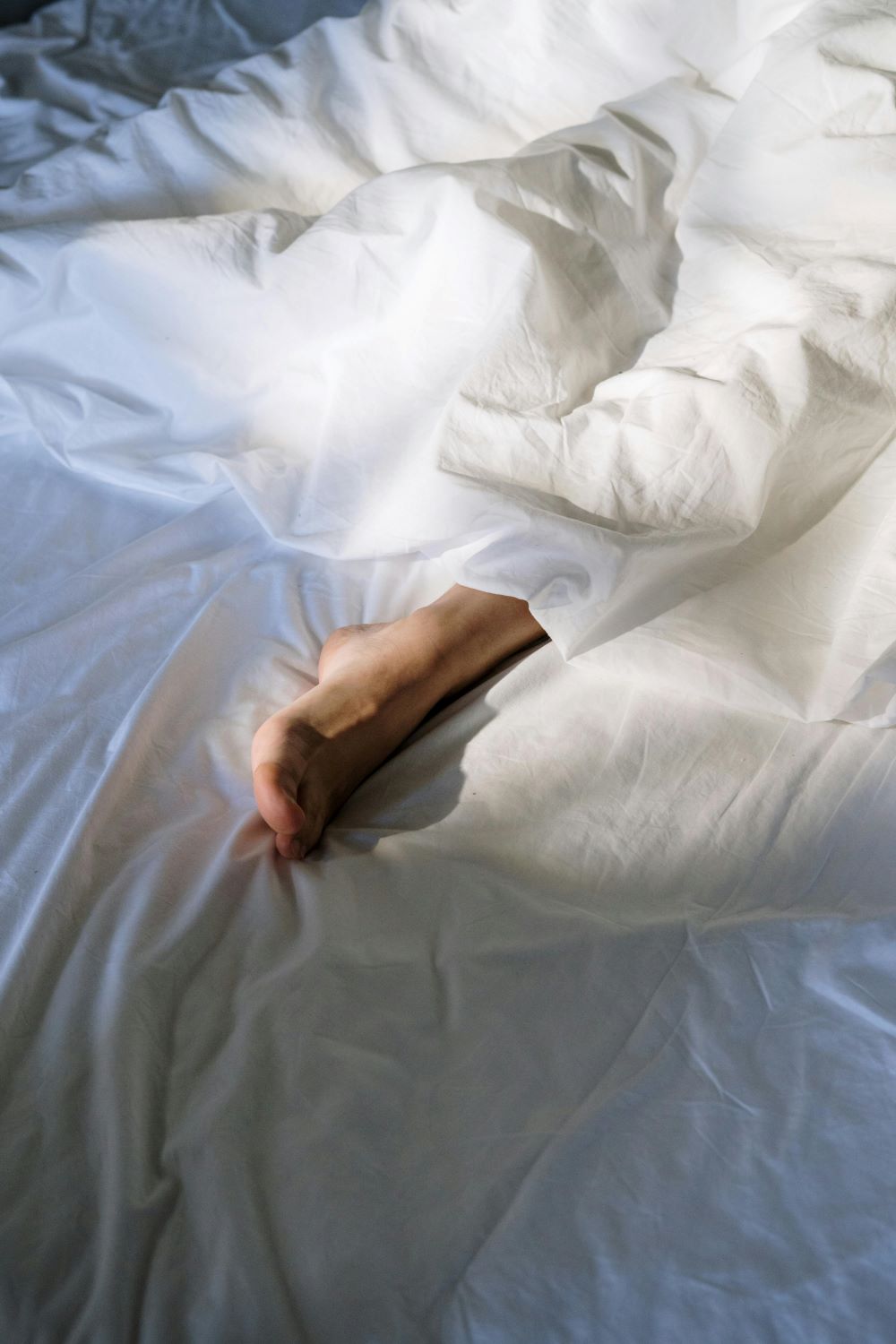Sleep disorders can impact brain waves, mental health over time.
A recent study has shed light on the relationship between sleep problems and mental health, revealing a potential trigger for a cascade of psychiatric disorders. Published in the journal Proceedings of the National Academy of Sciences (PNAS), the study emphasizes the critical role of understanding the relation between sleep, circadian rhythms, and mental well-being.
Led by senior author Dr. Sarah Chellappa from the University of Southampton, an international team of researchers explored the recent evidence linking sleep and circadian factors, particularly in teenagers and young adults with psychiatric disorders. Their findings showed that sleep-circadian disturbances are prevalent across various psychiatric disorders, emphasizing the need for a comprehensive understanding of these factors.
The researchers found that insomnia is significantly more common in individuals with mental health disorders compared to the general population. This prevalence extends to various stages, including remission, acute episodes, and particularly during early psychosis. The latter represents a stage where more than half of the patients struggle with falling and staying asleep.
Moreover, a substantial percentage of individuals with mood disorders experience both insomnia and hypersomnia, revealing the hidden truth of sleep-related challenges in mental health.

Examining circadian rhythm sleep-wake disorders (CRSWD), the study discovered that a considerable proportion of bipolar disorder patients exhibit a condition known as Delayed Sleep-Wake Phase Disorder. The body clock processes were reported to shift during manic and depressive phases, underlining the relationship between circadian rhythms and mental health.
During this study, the researchers looked into:
- The role of genetics,
- Exposure to light, and
- Several other potential factors influencing the connection between sleep and mental health.
Genetic predisposition towards altered activity levels between rest and wake phases was linked to an increased likelihood of:
- Depression,
- Mood instability or excessive swings,
- Cynical behavior,
- Anger issues,
- Hyper emotions, and
Surveys also indicated that self-reported time outdoors correlated with a lower probability of mood disorders.
The study suggests that targeting sleep and circadian risk factors could pave the way for new preventive measures and therapies. Population-level considerations, such as optimizing the timing of school and workdays or adjusting the built environment for optimal light exposure, could play a role.
Personalized interventions designed specifically for certain people’s circadian parameters are also highlighted as potential strategies. The researchers point to the efficacy of Cognitive Behavioral Therapy for Insomnia (CBT-I), which has shown promising results in reducing anxiety, depressive symptoms, and trauma symptoms. Light therapy, particularly when delivered in the morning, has demonstrated effectiveness in treating unipolar and bipolar depression.
The study also highlights the impact of factors like medication timing, meals, and exercise on circadian phases.
The study, in essence, emphasizes that ongoing research into mental health can capitalize on significant advances in sleep and circadian science. Turning these advances into a more profound understanding and improved treatment of psychiatric disorders, the scientific community holds the potential to make substantial strides in addressing the relationship between sleep problems and mental health.
Sources:
Sleep problems can trigger series of mental health issues leading to serious disorders, study finds
Warning signs of sleep condition you shouldn’t ignore as it could make you look older


Join the conversation!